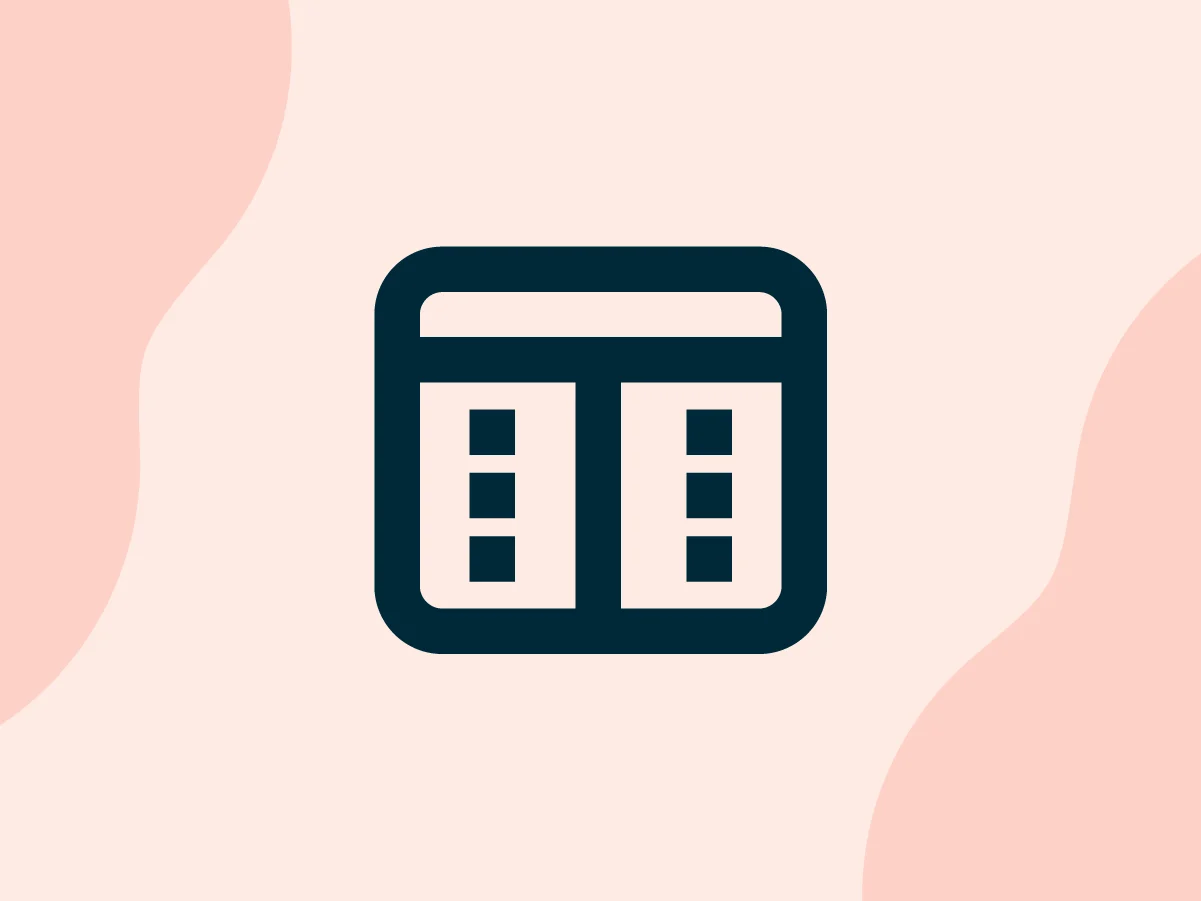The Average Voucher Doesn’t Cover Full Cost of Private School, NCLD Data Analysis Shows
Voucher programs have increased dramatically over the last few years. There are three types of programs and they vary by state. The purpose of all these programs is to allow parents to send their child to private school using public funds or money from tax credits or deductions.
If you have a child who has an and receives services in public school, vouchers might sound appealing. However, can your child attend a specialized private school of your choice for free? The answer is generally no.
In most states, voucher programs don’t cover the full cost of private school tuition. At the National Center for Learning Disabilities (NCLD), where I’m the policy and advocacy manager, we looked at new data to see how much you would have to pay out of pocket.
Currently, there are 64 programs across 31 states and the District of Columbia. And 16 states have voucher programs specifically for students with disabilities, including students with learning and thinking differences.
The amount of money a specific family receives from a voucher depends on many factors. Each program is different. However, using available data, we looked at average voucher amounts and average private school tuitions.
Our analysis shows that, on average, even with a voucher or tax incentive, parents still have to spend thousands of dollars to send their child to a private school. And that number climbs if you choose to send your child to a specialized school for learning disabilities.
For example:
Arizona’s average tax credit or scholarship amount is $4,447. But the average amount for a private school in the state is $10,538.
In Georgia, the average voucher amount is $5,614. But on average it costs $10,032 to attend a private school. And it costs more than $25,000 to attend a private school that’s just for kids with learning disabilities.
Louisiana’s average voucher amount is $2,264, but the cost of private school is $6,147. A school for kids with learning disabilities would cost more than $11,000.
Keep in mind that there may also be hidden costs beyond tuition. For instance, private schools may charge fees for extras like transportation or services like tutoring or therapy. Parents will have to pay out of pocket for anything over the voucher amount.
Moreover, if your state has a tax credit or tax deduction program, you must pay the costs up front. Later, you’ll receive a credit or deduction when you file your taxes for the year.
So before you take that voucher, look carefully at how much you’ll be required to pay out of pocket. Here’s a PDF of a chart that compares the average cost differences in all states that offer voucher programs for students with disabilities.
Of course, cost isn’t the only issue when considering a voucher. Another issue is that not every student is eligible for school vouchers. Some programs set income limits. Others may be restricted to military families or students with certain disabilities.
It’s also important to know that if you use a voucher to send your child to private school, you lose the legal protections of . Some private schools may provide certain interventions or supports. But no private school is required to follow your child’s IEP, and most won’t. Nor will your child have IDEA’s protections when being disciplined.
For more details, read these handouts from NCLD.
Read six things to know about private schools and special education. Hear from a mom whose daughter was given a services plan at private Catholic school. And if you’re considering private school, see a list of what to look for in a private school.
Any opinions, views, information and other content contained in blogs on Understood.org are the sole responsibility of the writer of the blog, and do not necessarily reflect the views, values, opinions or beliefs of, and are not endorsed by, Understood.



